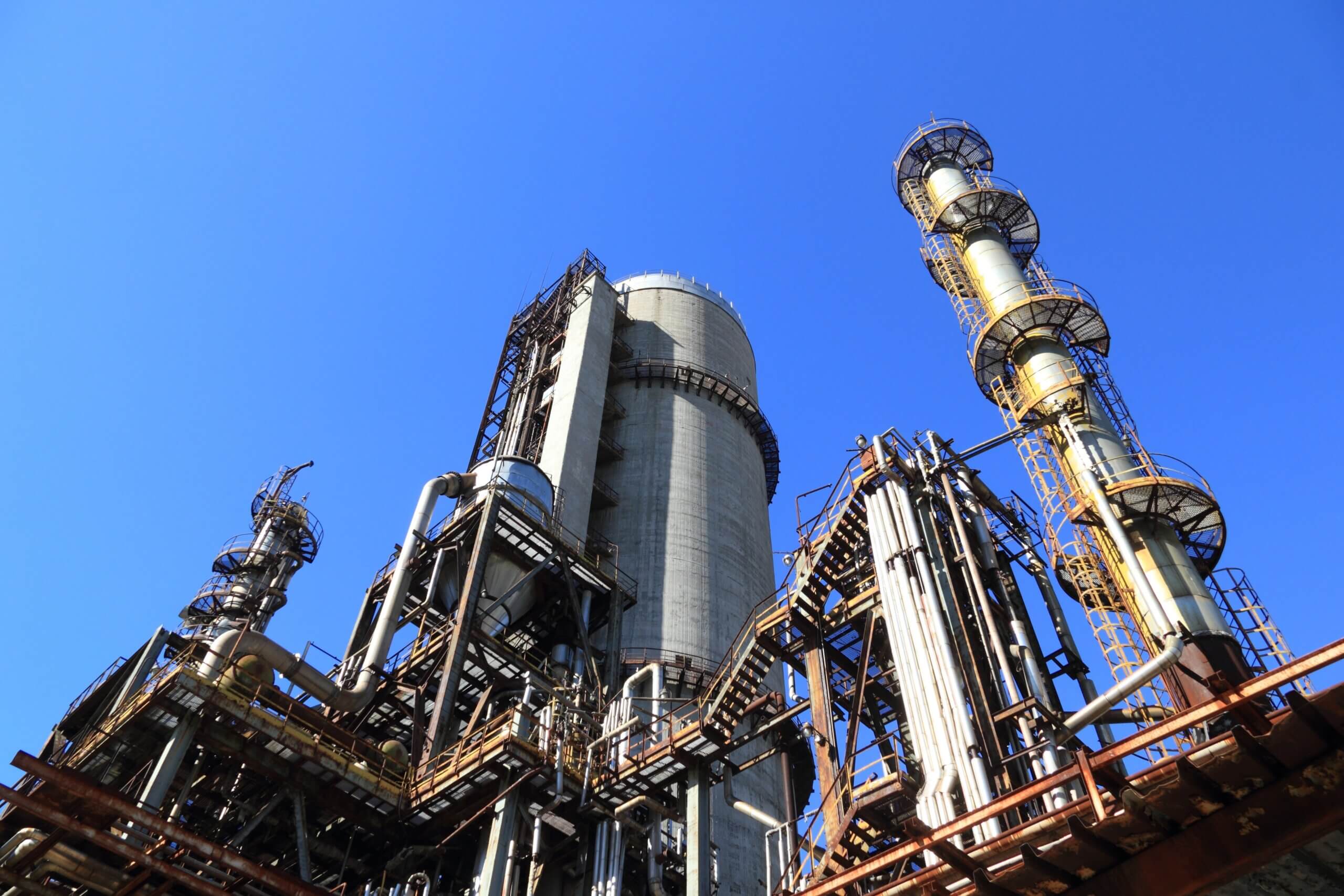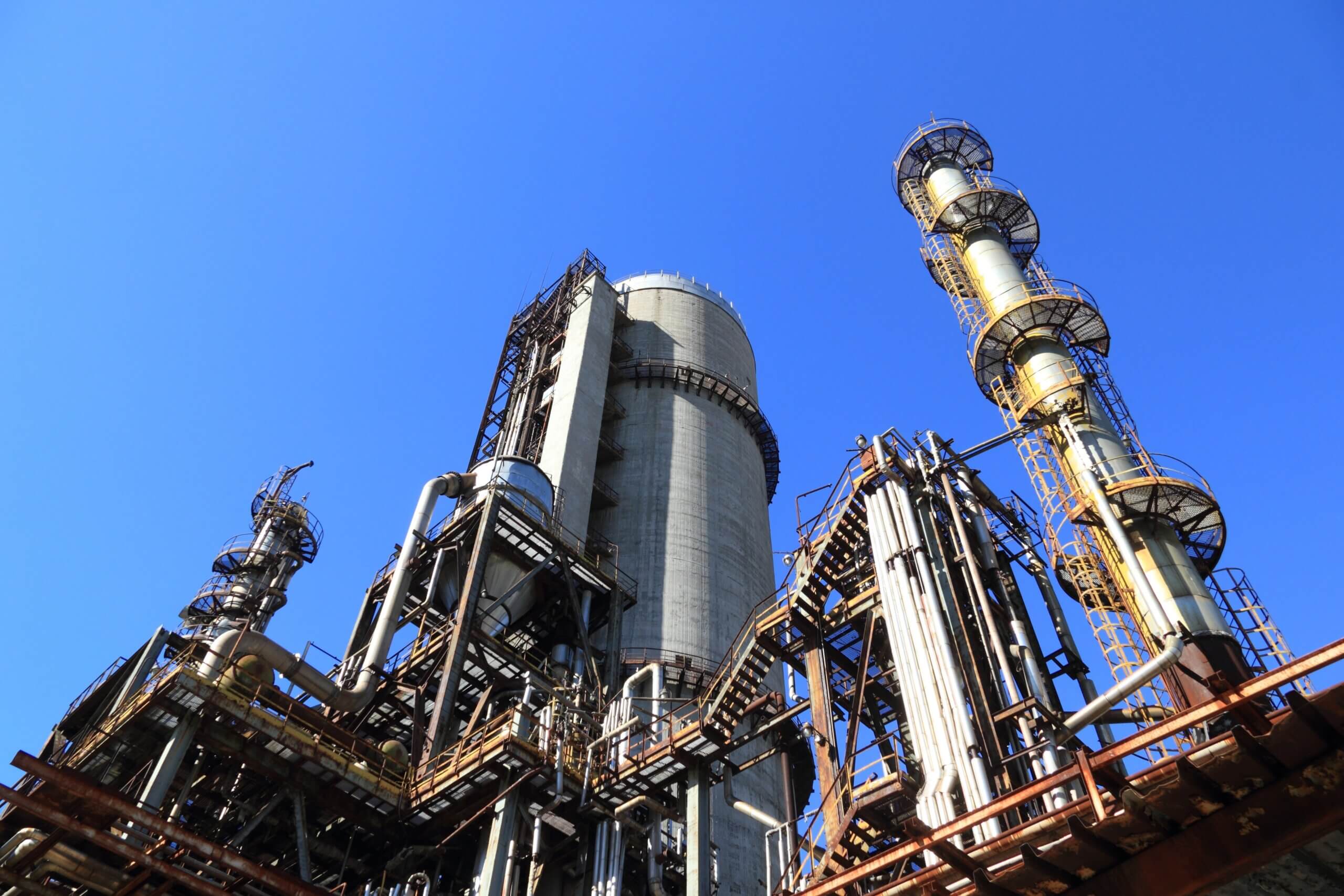“Deglobalization” has entered the narrative zeitgeist. But what’s happening on the ground? This weekly series seeks to answer that question with a round-up of deglobalization developments from the week that’s done.
1. Lego broke ground on its first US manufacturing facility in Chester, Virginia. The 1 billion USD site is slated to open in the second half of 2025.
2. A Wall Street Journal feature explores new hurdles – and opportunities – facing companies that are shifting their production from Asia to Mexico. “Importers say that although the cost of manufacturing in Mexico may be higher than in some parts of Asia, the country also delivers cost savings from shorter shipping distances that reduce the need to carry so much inventory and that offset the risks of production disruptions and lost sales because of freight delays.”
3. In an article this week, Eclipse Partner Aidan Madigan-Curtis argues that new technologies are empowering a resurgence in domestic US production and creating massive opportunity for companies. She points in particular to microfactories and manufacturing automation, artificial intelligence and computer vision, additive manufacturing, machine condition monitoring, and manufacturing upskilling.
4. Germany is considering limiting export to China of chemicals that are used to manufacture semiconductors. If implemented, this would prevent German companies like Merck KGaA and BASF SE from selling some of their semiconductor chemicals to China. The proposal is part of a larger package that Chancellor Olaf Scholz’s government is discussing to cut off China’s access to goods and services needed for the production of advanced semiconductors.
5. PAG and Carlyle Group are trying to raise about 9 billion USD each for Asian private equity deals. But they’re struggling as institutional investors and global pension funds balk at deploying more capital to China amid rising geopolitical tension. PAG has slashed its target to 6 billion and Carlyle has pushed back its closing date.
6. According to an American Chamber of Commerce survey, about 87% of US companies are pessimistic about the relationship between the US and China. That’s a 14 percentage point jump from the last iteration of this poll.
7. China is continuing to lose its share of US imports to low-cost Asian rivals: In 2018, China accounted for 65.6% of manufactured goods imported into the US. In 2022, that figure was 50.7%.
8. Two subsidiaries of Dublin-based Seagate Technology will pay over 300 million USD for violating export restrictions placed on Huawei technologies. The company continued to sell hard drives to Huawei despite tightened export controls.
9. Chinese authorities questioned Shanghai workers at consulting firm Bain & Co – and also took away phones and computers. This is the latest episode in an intensified CCP crackdown on international companies in the country.
(Photo by Pexabay/Pexels)




